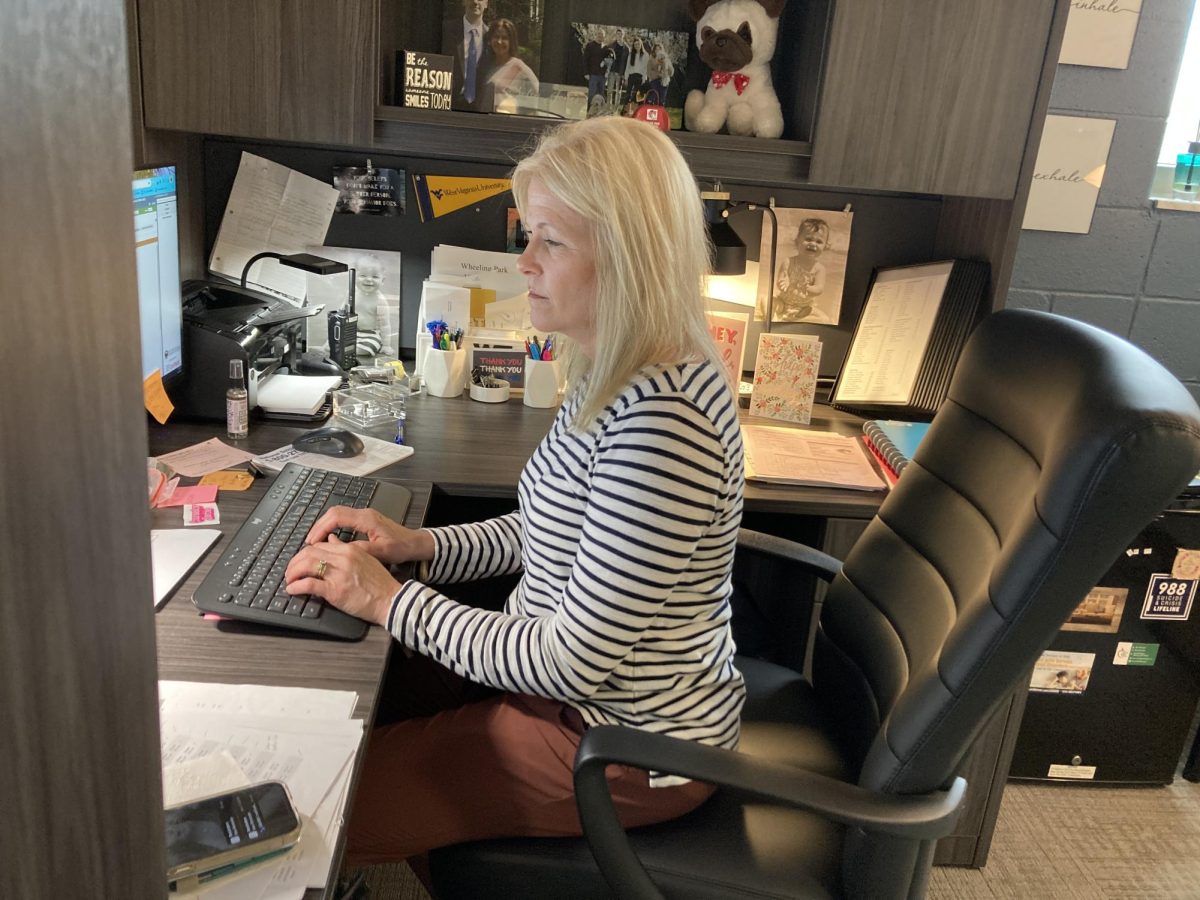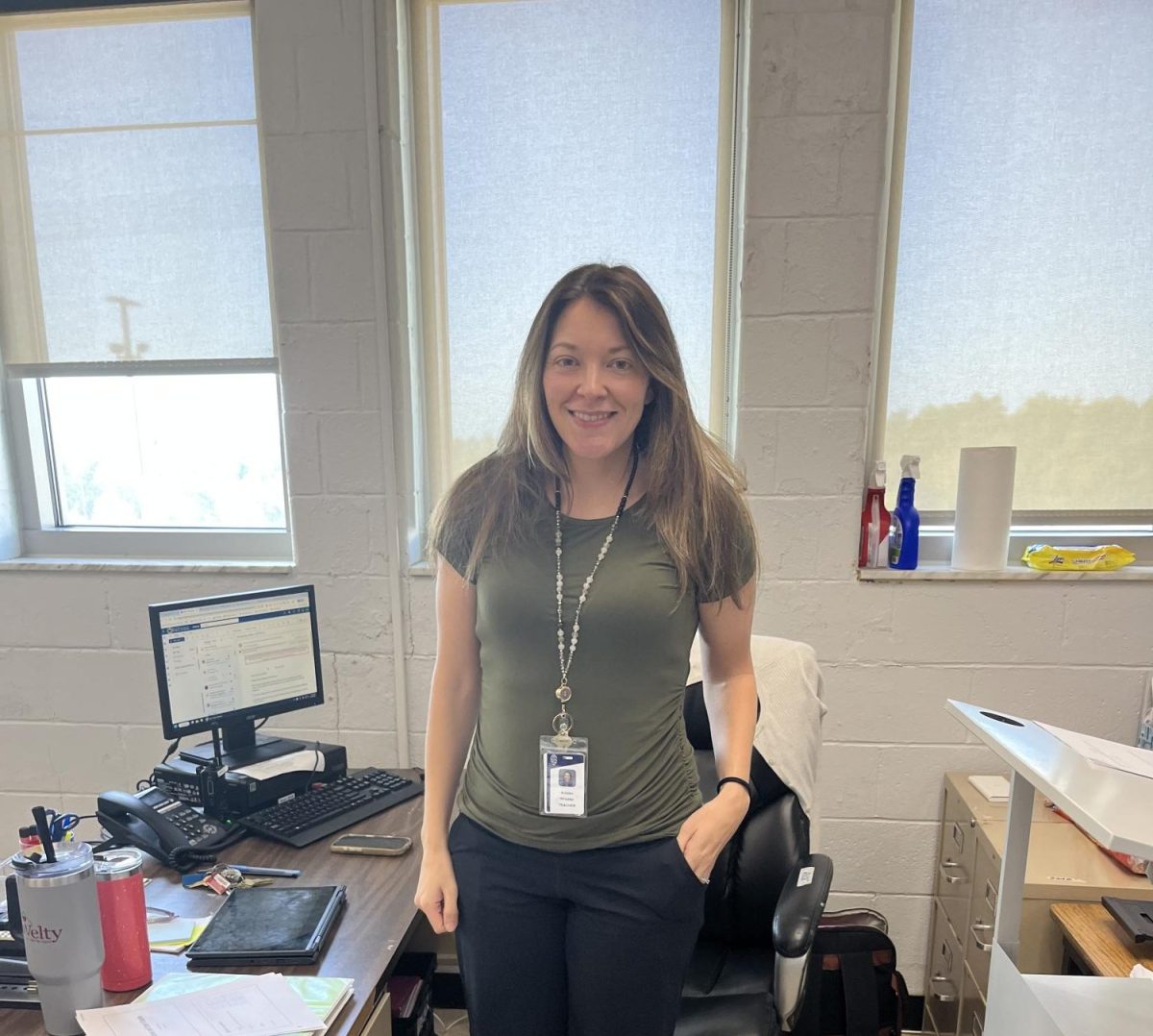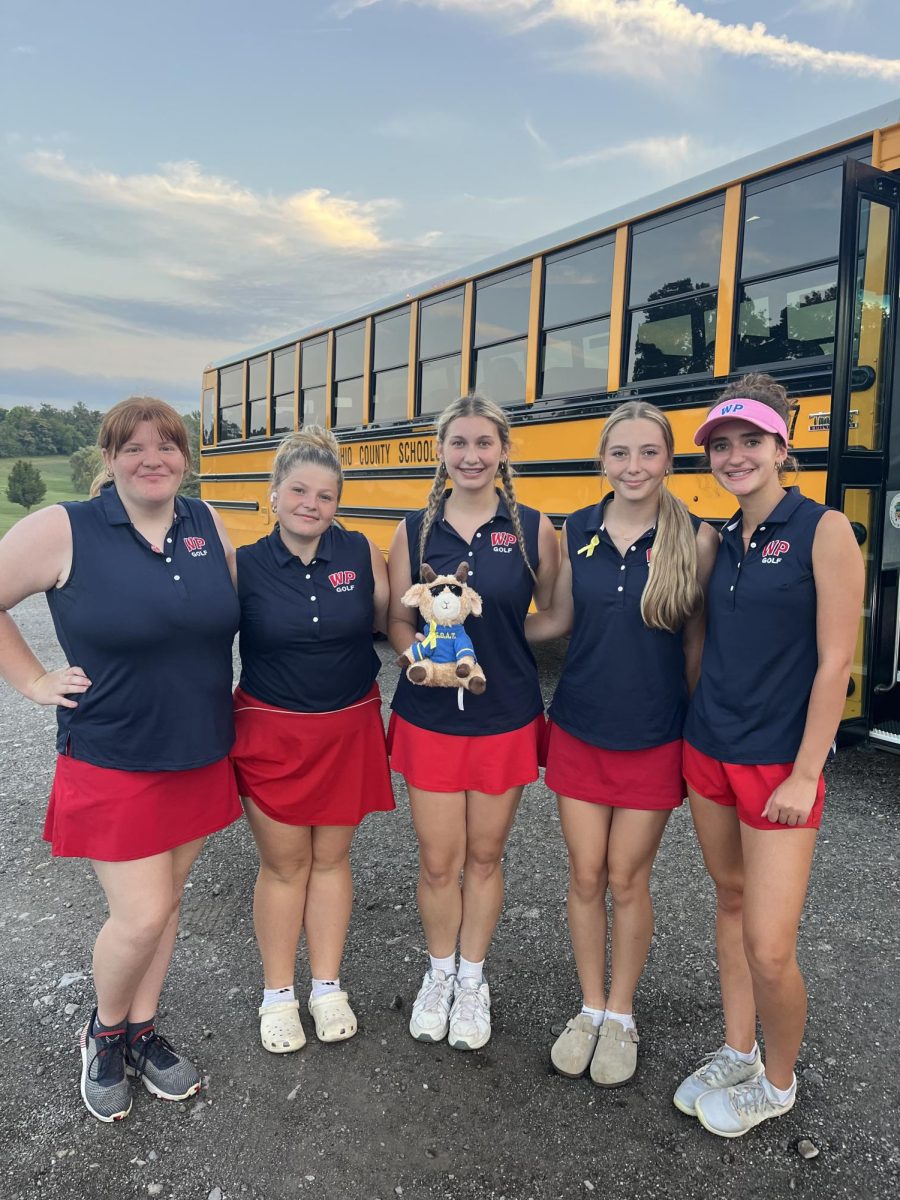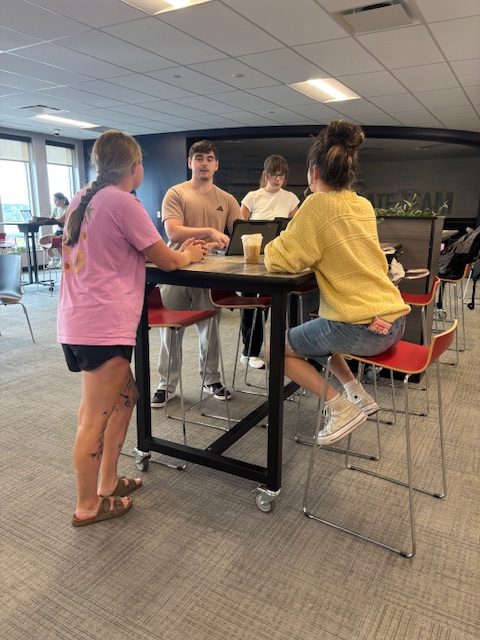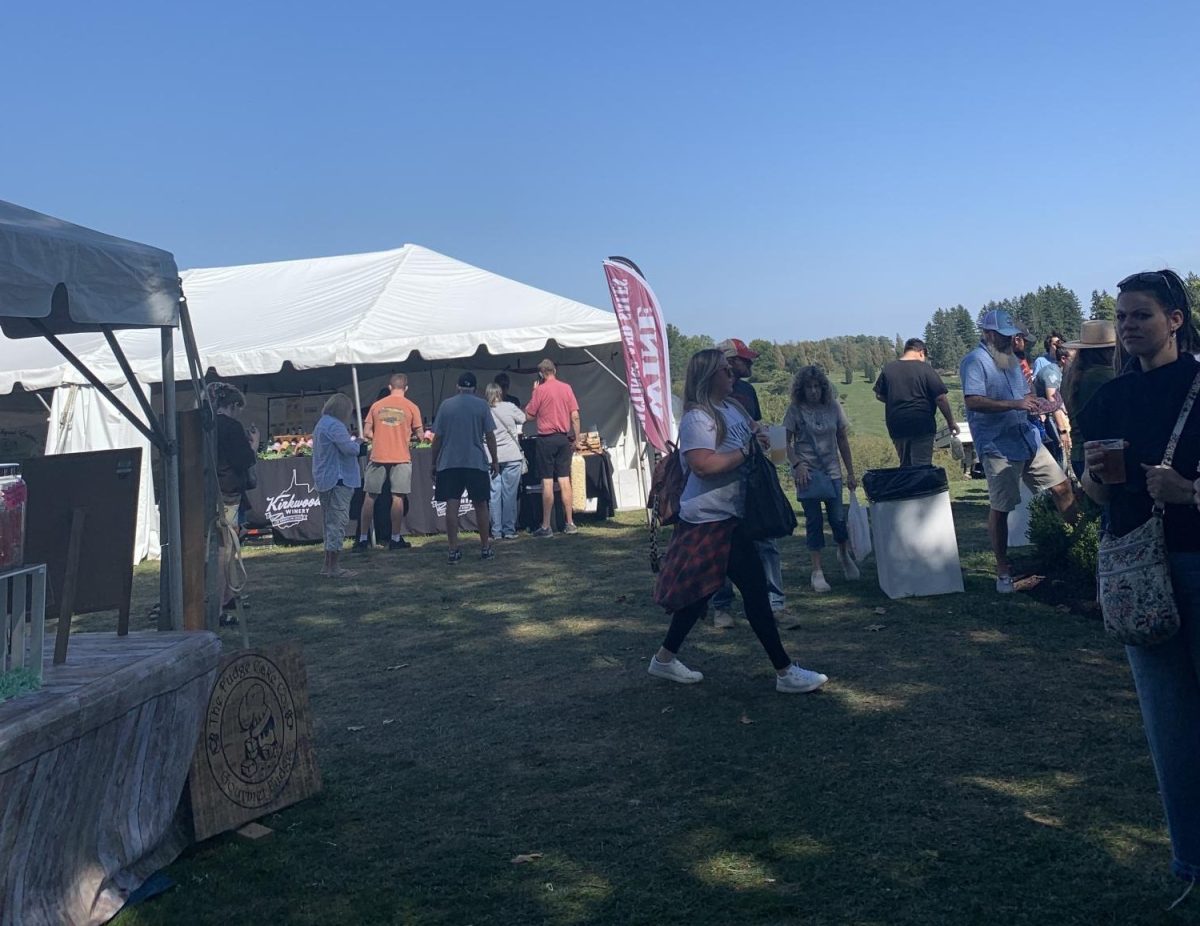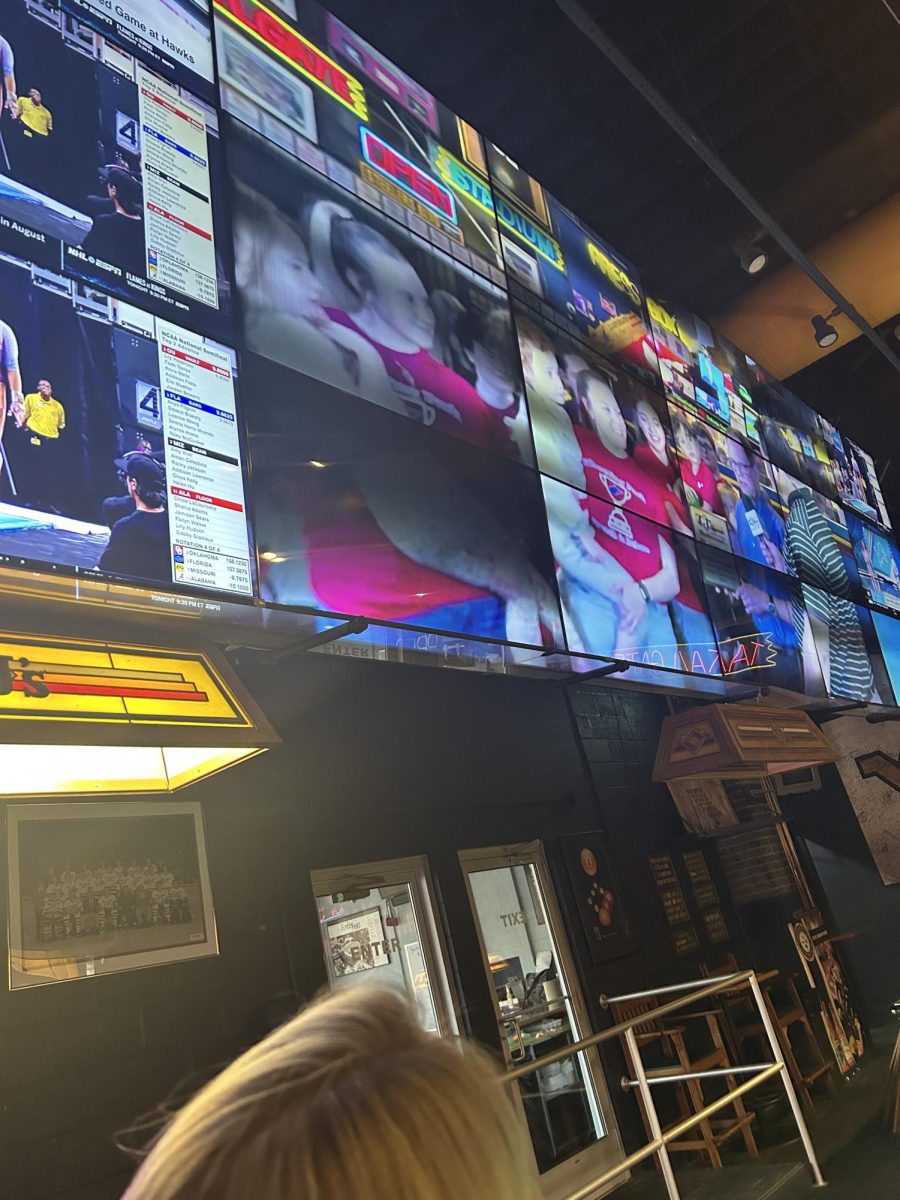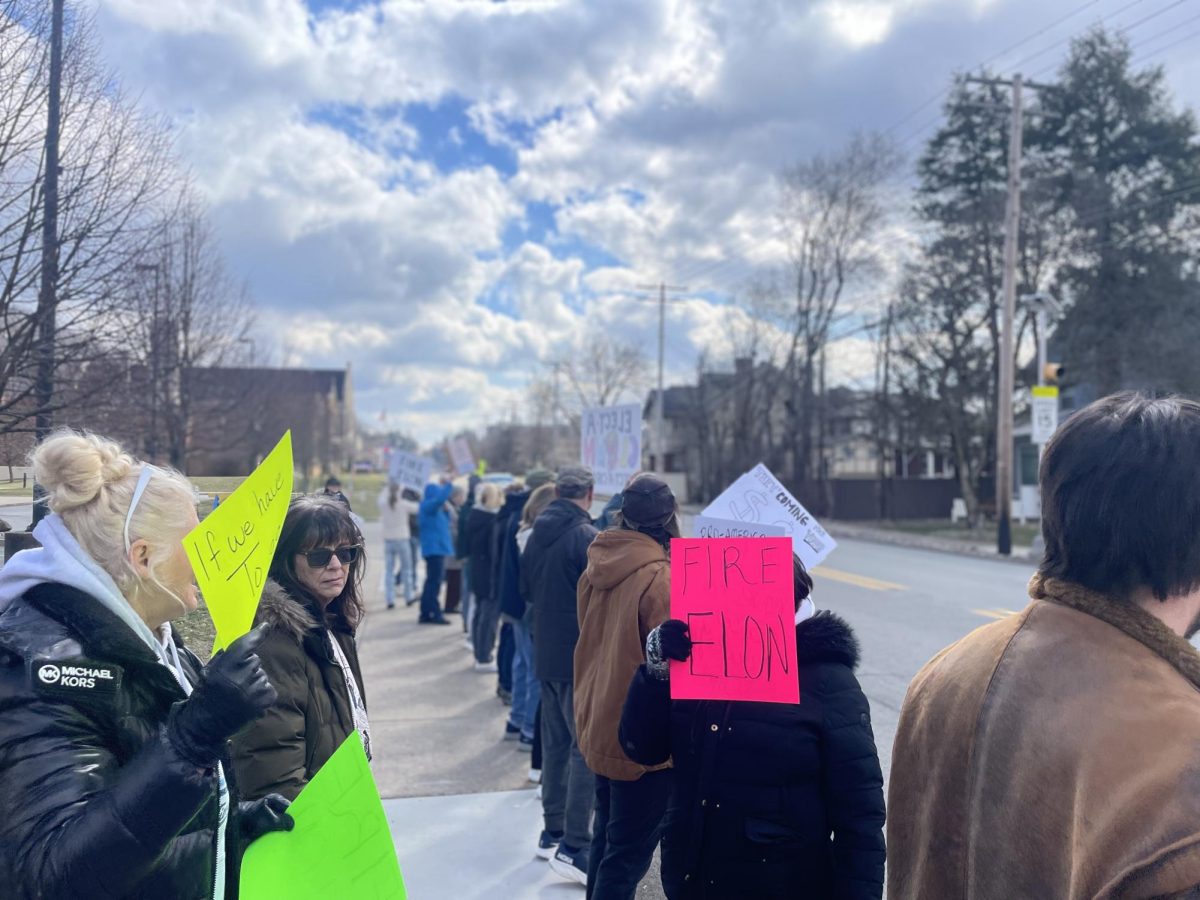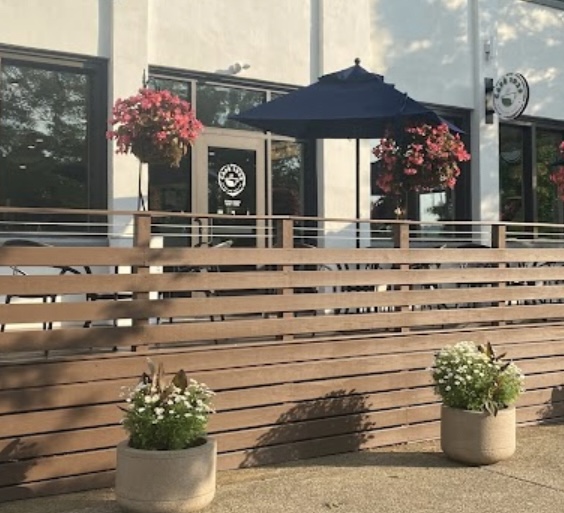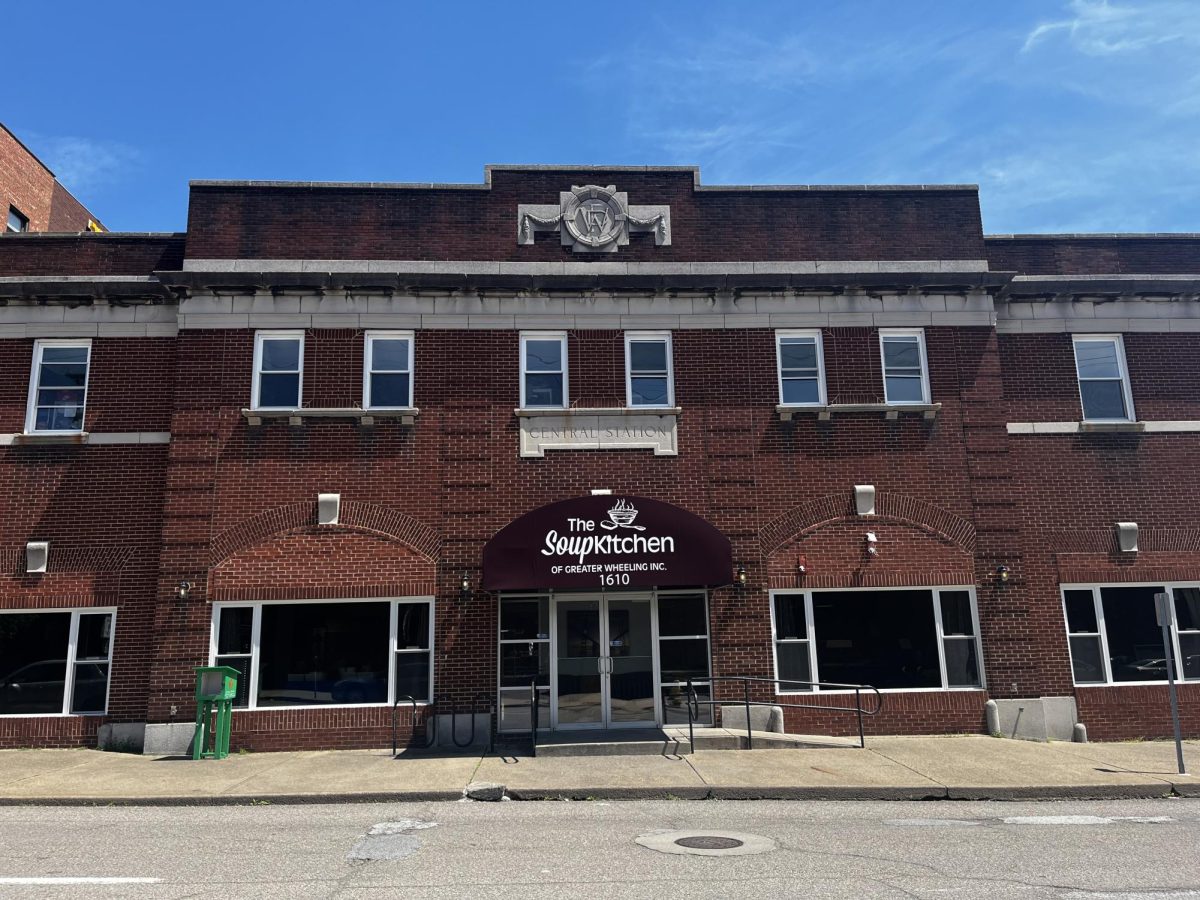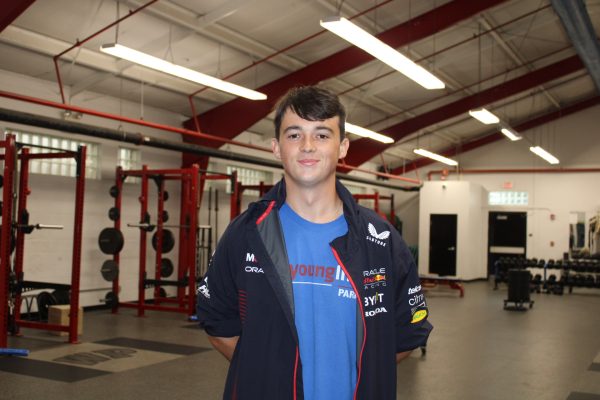As the city of Wheeling works to reidentify itself with construction and innovation, it is evident that the Soup Kitchen must be the center of this rebuild. By helping those who are less fortunate than others amid the homelessness crisis in Wheeling, they are a rock for the community.
“For those that know and care about the Soup Kitchen, it means they’re helping people in the community that are less fortunate. I think that they understand that not everyone was born winning the lottery. So, we have to make sure that the people who struggle with mental illness, addictions, a lousy childhood, just lack of jobs, divorce, sickness, I mean there are so many different reasons why people come into the Soup Kitchen,” said Executive Director Becky Shilling-Rodocker, when asked what the Soup Kitchen means to the community.
West Virginia as a whole has struggled with the opioid epidemic and the AP News reports that in 2021 our state lost over 59,000 people from 2010 to 2020. Though Wheeling touts itself as the friendly city and has worked in the past to recruit work-from-home millennials, the ACLU of WV has had previous legal battles over the city’s treatment of its homeless populations. Many residents still feel the issue is unresolved.
“Just poverty, and working jobs that aren’t paying enough to support their families. Rent in Wheeling is at an all-time high. So we might be the difference, especially for our elderly people, and at the end of the month we are always a little busier because the checks have run out, the social security money has been spent. So we are here as a parachute for those who fall between the cracks,” said Rodocker-Shilling.
Despite hardships during the pandemic, the Soup Kitchen continued to serve the community, showing they can adapt to whatever challenges they may face.
“When COVID hit, it closed the schools, the restaurants, Wheeling Clinic was closed. It was about a 3-4 week time that people were just staying home, there was nothing. But, we continued to serve and what we did was we worked Monday, Wednesday, and Friday. We cooked on Monday two full meals, every Wednesday we gave out two, and every Friday we gave out three for Friday, Saturday, and Sunday, so, we worked through the worst of it.” said Shilling-Rodocker, on the adjustments they had to make through the pandemic.
The Soup Kitchen works closely with Project Hope to provide medical care to our community.
“Even people were driving by, and some of the doctors would come over if we were grilling out, so it was a community effort we were supporting at that point,” said Shilling-Rodocker.
Contrary to popular belief, the Soup Kitchen is 100% community-funded. There is no government support and they rely completely on the community to help each other.
“This is a middle-class income soup kitchen because the amount of checks for $50 and $100 that are from people, who to them, that money may be worth much more. They believe in helping others. For the most part, we are supported by the middle-income people. So, we do get some grants, however, we are not federally funded. A lot of people think that soup kitchens are federally funded, and we are not. We have nothing to do with the federal government. From what I have studied, none are funded by the government,” said Shilling-Rodocker.
“Sometimes it can be stressful not having a steady stream of financial support. We don’t charge for anything, so we don’t know what the community will donate, or what a fundraiser will bring in,” said Shilling-Rodocker.
Although working at the Soup Kitchen can be stressful, it tends to yield some great success stories.
“It’s a rewarding job. I am the head of the kid’s program, so seeing them get school supplies, Christmas gifts, and new clothes. So it is really rewarding in that aspect,” said Caitlin Rodocker, the coordinator for the Just-For-Kids program.
The Just-For-Kids program is an event the Soup Kitchen hosts on Wednesday nights where the soup kitchen prioritizes families and children.
“For me, it is a blessing and a curse. The blessing is you get to help people every day. Every day there are different people and different circumstances. You get to see the success stories over time. I have seen kids come through our children’s program, go to college, and now they are very successful. They bring their kids back here to shop for the other kids for Christmas, and giving back and returning the services they got when they were young. And then I see kids are really appreciative to have a place where they can eat and get Christmas presents, and clothes, and picnics that we do,” said Shilling-Rodocker, on what it means for her to be the head of the Soup Kitchen. “For me, it means to be able to bring happiness into people’s world where they might otherwise struggle.”
If you are interested in volunteering or donating to the Soup Kitchen of Greater Wheeling, call (304) 233-2992, or visit wheelingsoup.org.

